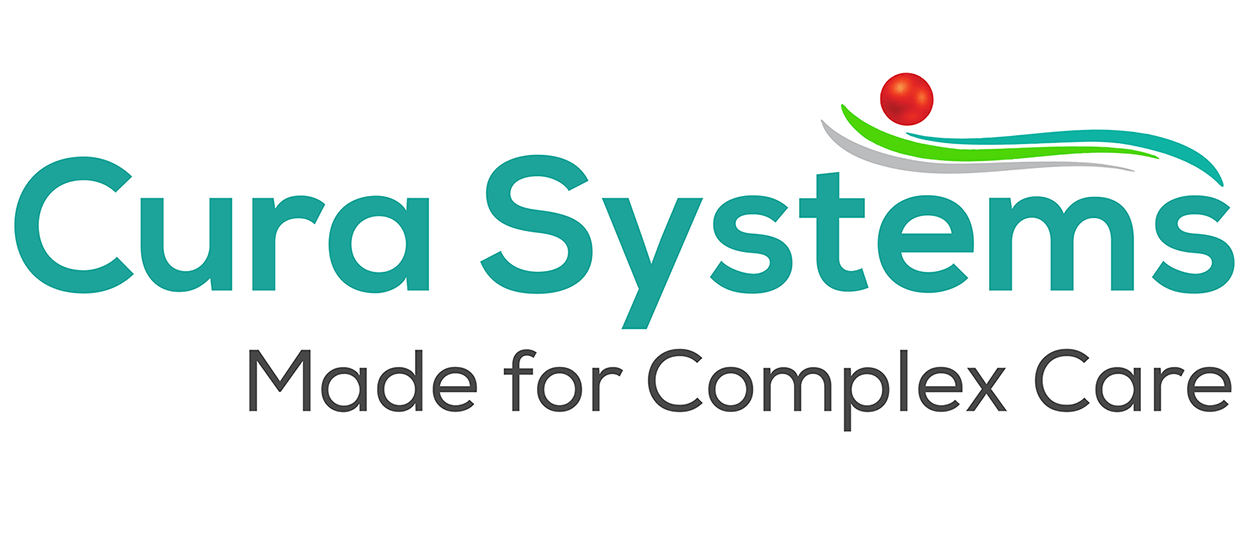Cura Supports CQC’s State of Care Annual Report
The Care Quality Commission’s (CQC) annual assessment of the state of health and adult social care in England shows how providers are working together more effectively – often using technology to help – to ensure that people get the care they need when they need it.
The state of health care and adult social care in England 2018/19
CQC is clearly supporting the use of technology and innovation to improve the delivery of quality care. Cura shares this belief and wholeheartedly supports CQC’s leadership in encouraging care providers to use of digital systems to enhance their care services. Read the full report here: https://www.cqc.org.uk/publications/major-report/state-care
Cura’s view on CQC’s five key barriers to adoption of technology
1. A lack of funding to invest in technology
Investment in technology pays for itself in the long run. The cost of handling paper will continue to rise. Going digital also saves caregiver’s time (up to 2 hours per day) that can be better deployed.
2. A low level of knowledge and awareness among providers and staff – adoption of technology tends to rely on confident individuals
Technology can be daunting. A step-by-step adoption works well. Cura’s user friendly, intuitive care management systems and a friendly helpdesk with lots of hand-holding will ease the process in every step of your digital journey.
3. Fear that technology could replace personal support
Technology will never replace the human touch! Technology makes quality care easier. To survive in the digital age, care providers must embrace technology to improve outcomes.
4. The perception that people who use adult social care are not interested or will respond badly to technology
Lack of IT knowledge using digital care systems for adult social care may lead to wrong perceptions of its potential as a tool to transform care – life changing for both the caregivers and service users. Our customers have seen positive results of how they have delivered effective individualized care by simply using our electronic care plans.
5. Concerns about ethical or data protection implications in adopting technology that uses personal information
Cura’s Cloud servers are hosted with the industry’s most respected organisations and we are vigilant about security and constantly upgrade our systems to avoid the growing number of threats. Under no circumstances will we share any customer data held in our servers with anyone and all data control vests with the care home.
The CQC has continually urged health and care services to embrace innovative digital technologies. We have the right tools and support to improve CQC ratings. If you do not yet use technology within your care setting. It’s time to go paperless and reap significant benefits. Find out what you’re missing, contact us on 020 3621 9111 to see the most feature rich care home software in the market today.


